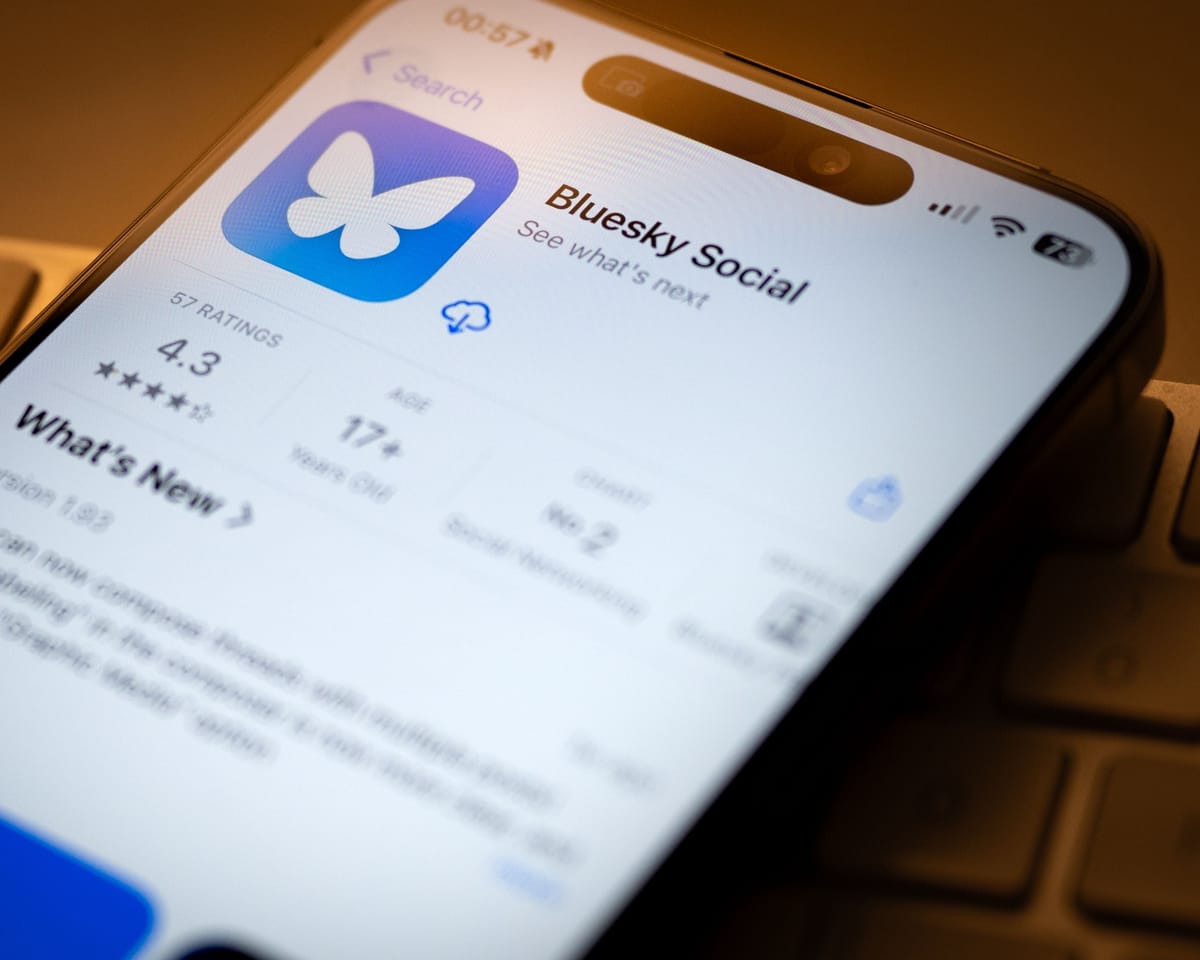Bluesky’s emergence as a preferred social media platform for researchers has been reinforced by data indicating that academic discussions on the platform receive more interaction and original commentary compared to those on X, a competing service led by Elon Musk.
An analysis of 2.6 million Bluesky posts referencing over 500,000 research publications from the past two and a half years found these posts attracted "significantly higher interaction rates" — including likes, reposts, replies, and quotes — as well as greater "textual originality" than previously observed on X, formerly known as Twitter.
This comes as the platform faces reports of declining user activity in recent months. Bluesky previously experienced rapid growth in new members following leadership changes at X and shifts in the social media landscape.
Despite this, the scientific community appears to be increasingly active on Bluesky. Although the platform does not disclose exact figures, reports indicate that scientific discussions in August were twice as frequent as in July and more than triple the rate from March.
Research indicates that meaningful engagement may explain Bluesky’s appeal to scientists. A team, primarily from Sheffield University in the UK, found that nearly half of all academic posts on Bluesky received at least 10 likes, while a third were reposted 10 or more times. Previous studies on X showed much lower engagement, with as few as 4.4% of posts receiving 10 or more reposts.
Bluesky also saw higher rates of quoted posts — where users add commentary — and replies to research-related content. Only 6.3% of posts merely mentioned the article title and journal, suggesting more substantive discussions. The study has not yet undergone peer review.
"After a surge in late 2024, scholarly conversation on Bluesky has remained at a steady and elevated level, recently matching or even exceeding that of X," said Er-Te Zheng, one of the researchers.
"The findings indicate that academic discussions on Bluesky are not only more original but also engage users more effectively than on X, establishing it as a reliable space for scientific dialogue. Personally, I find the discussions on Bluesky more focused—my feed is nearly entirely researchers and journals, unlike the broader mix on X."
Bluesky has expanded quickly since its 2023 debut, partly due to major political shifts. It now hosts over 38 million users, though it remains much smaller than X. However, daily activity, including posts and engagement, has declined since its peak in late 2024.
The platform's strong academic presence follows efforts by key researchers to foster an enduring community. "Many of us were part of an active science community on the predecessor to X for over a decade," said Tara C Smith, an epidemiology professor at Kent State University.
Read next

"AirPods Pro 3 reviewed: Upgraded battery, superior noise cancellation, top-tier performance"
Apple’s widely used AirPods Pro wireless earbuds have returned for their third iteration, offering improvements in comfort, battery performance, integrated heart rate tracking, and enhanced noise cancellation. The new model appears poised to be as prevalent as earlier versions.
Three years have passed since the previous release, yet the

"Peter Thiel's secret talks on antichrist shed more light on him than doomsday"
Peter Thiel’s Unusual Academic Pursuits
Peter Thiel is known for his skepticism toward academia. Yet, in four recent private lectures in San Francisco discussing the antichrist, the billionaire investor has made an unexpected case for intellectual credentials.
During these wide-ranging talks, Thiel appeared to channel the eclectic thinking he

"X resolves $128M severance dispute with former Twitter executives"
# Elon Musk and X Reach Settlement with Former Twitter Executives Over Severance Dispute
Elon Musk and X have resolved a legal dispute with four former high-ranking executives of Twitter, including the company’s ex-CEO, who alleged that the billionaire withheld $128 million in severance payments after acquiring the social media

